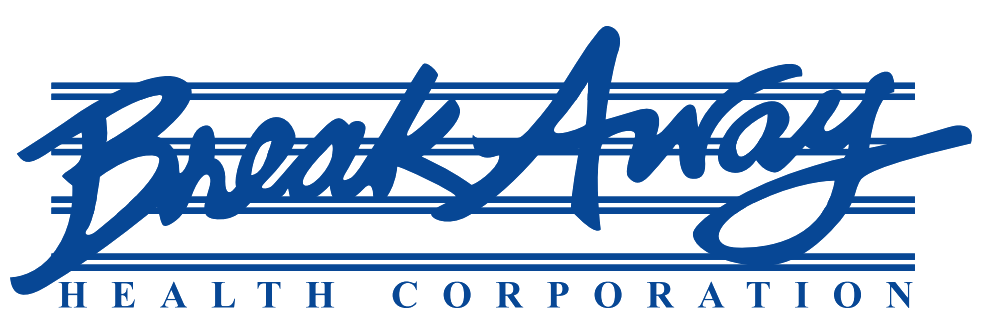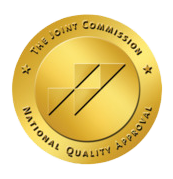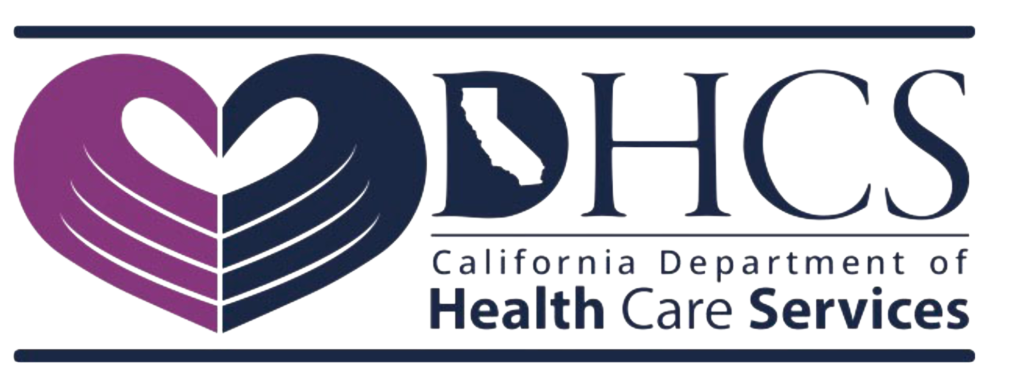It's More Than One Problem
Millions of people battle drug addiction, but what many fail to know is that in the majority of instances, it is associated with underlying mental health disorders. Disorders such as anxiety, depression, or trauma have the potential to continue substance abuse that can in turn lead your mental health to worsen. When a person has an addiction and an illness, it is referred to as a co-occurring disorder. They are not rare and the majority of people being treated for addiction have conditions like PTSD, bipolar disorder, or anxiety. Both conditions detected early with screening can be life-changing.
The key to long-lasting recovery is personalized treatment that looks at the full picture, not just one piece of the puzzle. At Breakaway Health in Costa Mesa, CA, we specialize in treating co-occurring mental disorders by addressing both substance use and mental health simultaneously.
What Are Co-Occurring Disorders?
Co-occurring disorders, sometimes called dual diagnoses, mean that someone is dealing with both a mental health condition and a substance use problem at the same time. These two struggles often feed off each other, making things feel worse and harder to manage. For example, someone might use drugs to cope with anxiety or depression, but that drug use can make those feelings even more intense. Without the right kind of help, it can feel like being stuck in a loop. But when both issues are treated together, people have a real chance at feeling better and moving forward.
Some examples of common pairings include:
- Alcoholism and depression
- PTSD and opioid use
- Anxiety and stimulant abuse
- Bipolar disorder and cannabis dependence
These combinations create serious and usually neglected issues, especially when treatment addresses only one issue and neglects the other. Treatment that addresses only addiction, for example, can permit mental health symptoms to interfere with recovery and cause relapse. Likewise, treating mental health alone without dealing with substance abuse can expose patients to ongoing cravings and bad judgment. This is why early detection and customized treatment are so important; they allow care givers to build a cohesive plan that considers the whole person, not just isolated symptoms. With a better understanding of both issues, clients receive support that’s more accurate, efficient, and lasting.
What are the most common co-occurring disorders?
Some of the most frequent mental health conditions seen alongside addiction include:
- Generalized anxiety disorder
- Major depressive disorder
- Post-traumatic stress disorder (PTSD)
- Attention-deficit/hyperactivity disorder (ADHD)
- Bipolar disorder
- Schizophrenia
These conditions, if not treated or diagnosed, usually result in substance use as a means of dealing with the distressing symptoms. For instance, they might discover alcohol or drugs while trying to manage overwhelming anxiety or low motivation or intrusive thoughts. This self-medication has the effect of suppressing emotional pain for a while but results in dependency and exacerbates the mental disorder along with the substance use disorder. Without proper care, this cycle can continue indefinitely, making recovery more difficult over time.
How Do You Screen for Co-Occurring Disorders?
Effective treatment begins with proper identification. Screening for co-occurring disorders involves both clinical observation and structured tools to determine whether a person is facing one or more conditions at the same time.
Professionals use a combination of:
- Clinical interviews that assess personal and medical history
- Standardized screening tools like the GAD-7 for anxiety or PHQ-9 for depression
- Questionnaires that measure drug and alcohol use
- Observation of symptoms during intake or treatment
Screening is not a one-time step. It’s an ongoing process that continues throughout treatment because some symptoms may be hidden early on or confused with the effects of substance use. As withdrawal symptoms fade and clarity improves, more accurate mental health patterns emerge, which can change the direction of care. A person might initially present with anxiety caused by substance use, but as time passes, underlying conditions like PTSD or depression can become more apparent. Continuous reassessment helps ensure the treatment plan remains relevant and effective. Accurate diagnosis leads to better outcomes by giving the medical team a clearer view of what each person is truly experiencing, allowing for the most supportive and effective approach.
At Breakaway Health, our team uses evidence-based screening protocols to make sure each individual receives the most appropriate care from the beginning.
How to Treat Co-Occurring Disorders?
The short answer is: treat both at the same time. Addressing only addiction or only mental health issues usually leads to relapse or incomplete recovery.
Integrated Treatment Approaches
Treatment for co-occurring disorders should involve strategies that focus on both substance use and mental health symptoms. This might include:
- Therapy – Cognitive Behavioral Therapy (CBT) or Dialectical Behavior Therapy (DBT) to address thought patterns, emotional responses, and triggers.
- Medication – Antidepressants, mood stabilizers, or anti-anxiety medications to help manage mental health conditions.
- Medical Detox – In some cases, individuals need medical support to safely stop using substances.
- Group Support – Connecting with others who are facing similar challenges can reduce isolation and boost motivation.
- Family Involvement – Education and counseling for family members can strengthen the support system at home.
Breakaway Health provides a structured, supportive environment where clients can focus on healing both body and mind. Our clinical team works together to adjust treatment as progress is made, ensuring flexibility and effectiveness.
Why Do People With Co-Occurring Disorders Need Personalized Treatment?
Every person is different, and so are their symptoms, experiences, and needs. Two people may both have depression and substance use issues, but their triggers, trauma history, and lifestyle can differ greatly. That’s why one-size-fits-all solutions rarely lead to meaningful recovery when it comes to treating co-occurring disorders. Personalized care allows treatment providers to consider a person’s full story, including medical history, support systems, emotional challenges, and personal preferences. This personalized approach helps create a more responsive, adaptable plan that meets people where they are and increases the chance of long term recovery.
Without individualized care, there’s a greater risk of misdiagnosis, ineffective interventions, and eventual relapse. At Breakaway Health, we assess each client holistically and develop a plan that addresses their specific situation including mental health needs, addiction severity, medical concerns, family history, and personal goals.
This approach creates a greater chance for lasting recovery and a return to a healthier, more stable life.
Long-Term Strategies for Maintaining Recovery
Treatment is just one phase in the path to wellness. Long-term stability comes from a strong support system and the ability to manage symptoms over time.
Clients are encouraged to stay connected through:
- Outpatient follow-ups
- Mental health counseling
- Support groups
- Lifestyle changes such as better sleep, diet, and exercise habits
We emphasize the importance of continuing care, not as a burden, but as a source of strength. Having regular contact with a therapist or support group helps prevent relapse and provides a space to talk through challenges before they escalate.
At Breakaway Health, we partner with each person to help them maintain their progress—however they define success.
Breakaway Health Is Ready to Help
It is daunting to live with co-occurring disorders, but you don’t have to do it alone. Breakaway Health in Costa Mesa offers effective, compassionate care for those who are struggling with substance use and mental health disorders. Whether this is your first try at getting help or you have been through treatment before, we are here to assist you along the way. Call Breakaway Health Today!
FAQs
1. What are co-occurring disorders?
Co-occurring disorders are when someone has both a substance use disorder and a mental health condition at the same time.
2. How do you screen for co-occurring disorders?
Screening involves interviews, questionnaires, and clinical assessments that help identify both substance use and mental health symptoms.
3. How to treat co-occurring disorders?
Effective treatment includes therapy, medication, support groups, and ongoing care that addresses both issues at the same time.
4. What are the most common co-occurring disorders?
Some of the most common include depression, anxiety, PTSD, bipolar disorder, and ADHD paired with substance use.
5. Why do people with co-occurring disorders need personalized treatment?
Because every person’s symptoms and history are different, personalized care is necessary for real, lasting results.







